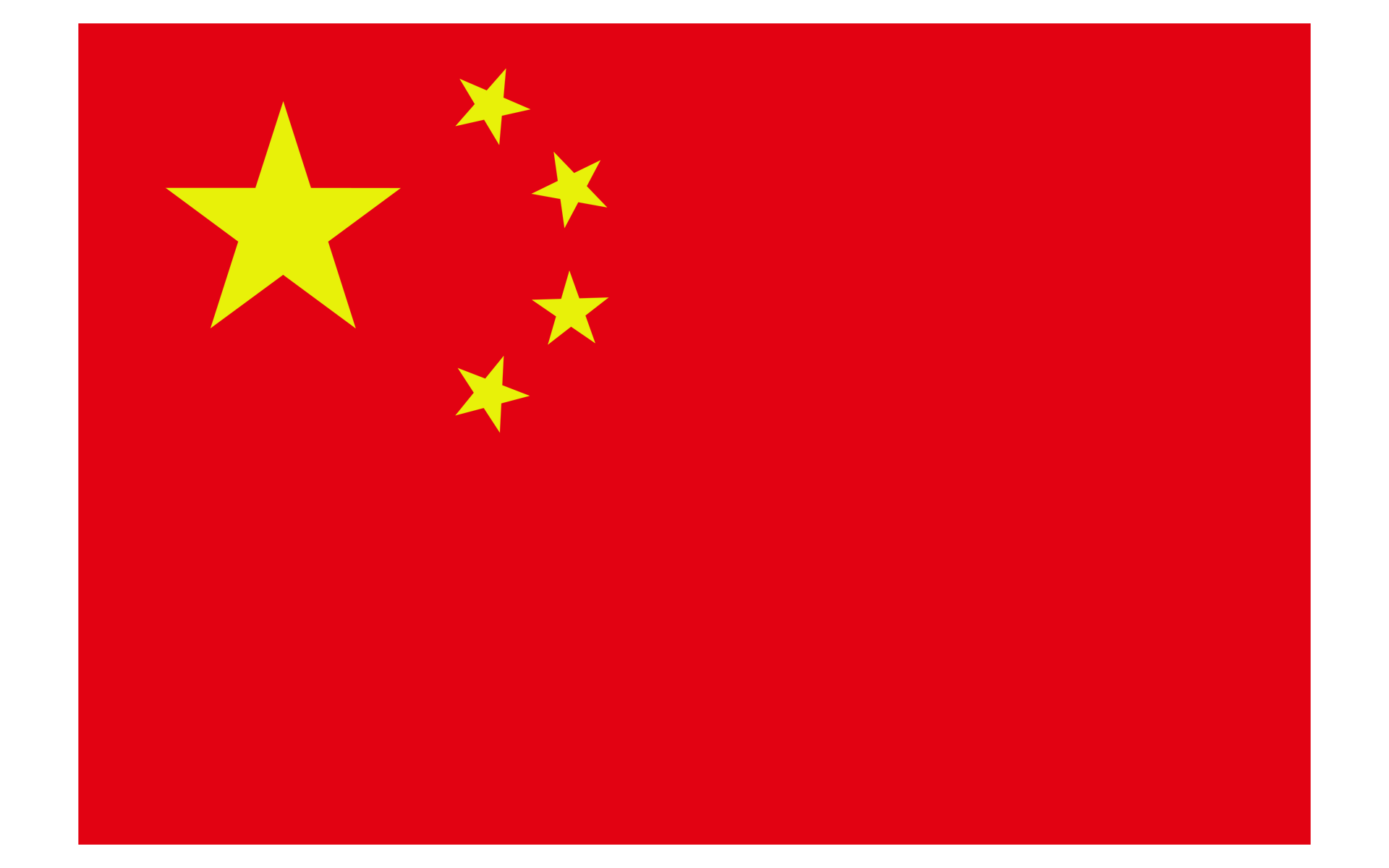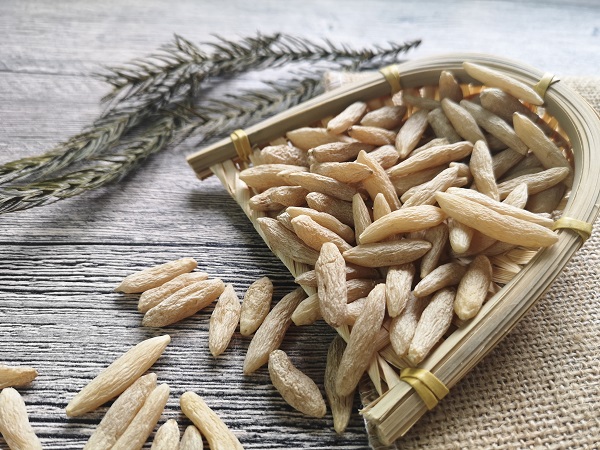Ophiopogon Japonicus
Base: This product is the dried tuberous root of the Liliaceae plant Ophiopogon japonicus.
Place of Origin: Sichuan
Collection: excavated in summer, washed, repeatedly exposed to the sun, stacked, until 70% to 80% dry, removed fibrous roots, and dried.
Quality Standard: CP
Packing: plastic woven bag
Specification: 50kg/bag
With the transformation of the human medical model from treatment to prevention and the surging trend of "returning to nature", traditional Chinese medicine has become more and more popular all over the world due to its good efficacy, low toxicity and small side effects. The health care treatment of traditional Chinese medicine has an increasing influence in Europe and the United States. More and more people use traditional Chinese medicine for health care and treatment of difficult diseases. In today's society, people pay more and more attention to the conditioning and maintenance of the body, and the demand for authentic Chinese herbal medicines has greatly increased. The broad prospects of the international Chinese herbal medicine market provide a good opportunity for the production of Chinese herbal medicines in my country. In the fierce competition in the traditional Chinese medicine market, Sichuan Yuandi Chinese Medicinal Materials Planting Co., Ltd. adheres to the concept of "passing traditional Chinese medicine culture and making authentic medicinal materials" and jointly builds Luoshui organic Ophiopogon japonicus planting base with Sichuan Agricultural University.

Medicinal value
"Shen Nong's Materia Medica" lists Ophiopogon japonicus as the top grade for nourishing yin and moistening the lungs, saying that it "takes a long time to lighten the body, and it is not old and not hungry".
"Materia Medica" says Ophiopogon japonicus "sweet, slightly bitter, slightly cold. Runs the lungs and clears the heart, clears heat and generates fluid, resolves phlegm and stops vomiting, and cures cough and promotes water."
"Medicine Zhongzhong Shenxilu" said: "It can enter the stomach to nourish gastric juice, appetize eating, and more can enter the spleen to help the spleen disperse essence in the lung, calm asthma and relieve cough." Chinese medicine believes that Ophiopogon japonicus is sweet and slightly bitter. , slightly cold in nature, returns to the stomach, lung, and heart meridians, has the effects of nourishing yin and moistening the lungs, nourishing the stomach and promoting body fluid, clearing the heart and eliminating vexation, used for dry cough, yin deficiency, tuberculosis, sore throat, thirst, internal heat Diabetes, upset insomnia, intestinal dryness and constipation embolism.
Modern pharmacological studies have also shown that Ophiopogon japonicus mainly contains anthosides, steroidal saponins, alkaloids, sitosterol, glucose, amino acids, vitamins, etc., and has the effects of anti-fatigue, scavenging free radicals, improving cellular immune function and lowering blood sugar. In addition, Ophiopogon japonicus has sedative, hypnotic, anti-myocardial ischemia, anti-arrhythmic, anti-tumor effects, especially for improving the health of the elderly.
In addition, Ophiopogon japonicus also promotes the recovery of islet cell function, increases liver glycogen, and lowers blood sugar. Ophiopogon japonicus can be used in place of tea. Take an appropriate amount of Ophiopogon japonicus, soak it in boiling water, and take it several times a day to effectively relieve the symptoms of dry mouth and thirst. Some diabetic patients have deficiency of both qi and yin. Therefore, when drinking Ophiopogon japonicus water, a little Codonopsis can be used to invigorate qi.
Sichuan Ophiopogon japonicus should not be taken for a long time, especially without the guidance of a doctor, otherwise it may produce phlegm and dampness, which is counterproductive. In addition, Ophiopogon japonicus is not suitable for everyone. People with spleen and stomach deficiency and colds should not eat Ophiopogon japonicus casually, otherwise it will aggravate the disease.









